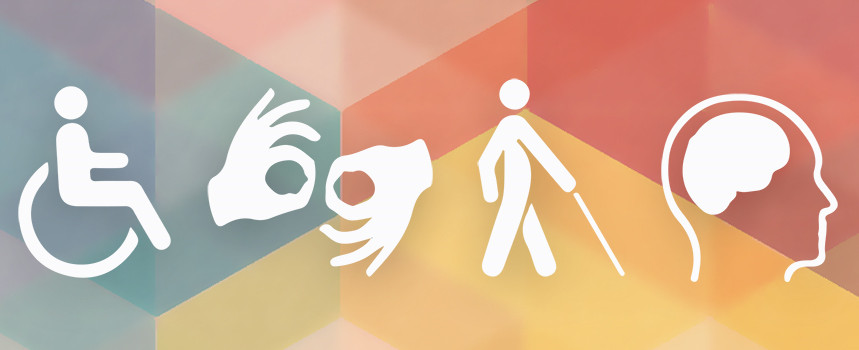
The concept of intersectionality has become a critical lens through which we examine the complexities of society and its institutions. In this essay, that I have been working on for the past two weeks, we will delve into the intricate web that exists between democracy, politics, human rights, and persons with disabilities. We understand that democracy serves as the foundation for inclusive governance, politics shapes policies, and human rights are the fundamental principles safeguarding the dignity of every individual. We argue that the intersectionality between these pillars and persons with disabilities is of utmost importance in achieving an equitable and just society.
I. Democracy and Inclusion of Persons with Disabilities
Democracy, at its core, is the belief in equal rights and opportunities for all citizens, irrespective of their differences. However, historically, persons with disabilities have faced marginalization and exclusion from democratic processes. Only when societies acknowledge the rights of persons with disabilities and ensure their full participation in political affairs can a democracy truly be considered inclusive. The implementation of universal suffrage is a pivotal step in acknowledging the rights of persons with disabilities in democratic societies. Laws and policies should be crafted to ensure that individuals with disabilities can cast their votes without any hindrance, be it physical or cognitive. This calls for the provision of accessible polling stations, voting materials in multiple formats, and the inclusion of sign language interpreters for those with hearing impairments. Moreover, the representation of persons with disabilities in political offices is essential to advocate for their rights effectively. Political parties should encourage and actively seek to nominate candidates with disabilities, fostering an environment where the voices of persons with disabilities are heard at the decision-making level.
II. Politics: Shaping Policies for Persons with Disabilities
Politics plays a crucial role in shaping the policies that influence the lives of persons with disabilities. The extent to which political entities prioritize disability rights and inclusivity determines the level of social progress achieved in a nation. One of the major challenges faced by persons with disabilities is the lack of appropriate and comprehensive legislation that addresses their unique needs. Progressive policies must be formulated to safeguard their rights, covering areas such as education, employment, healthcare, and accessibility. Political leaders should engage in open dialogues with disability rights advocates to understand their concerns and develop well-rounded policies. Furthermore, budget allocations reflect the priorities of a nation. Adequate funding should be directed towards disability-related programs and services to bridge the existing gaps in resources and infrastructure. This ensures that the rights of persons with disabilities are not merely on paper but are actively supported by tangible actions.
III. Human Rights: Safeguarding Dignity and Equality
Human rights provide the moral and legal framework for the protection and promotion of dignity, equality, and freedom for every individual. Persons with disabilities are entitled to the same human rights as anyone else, and it is the responsibility of democratic societies to ensure these rights are upheld. The United Nations Convention on the Rights of Persons with Disabilities (CRPD) stands as a landmark document, emphasizing the principles of non-discrimination and full inclusion. Nations should ratify and implement the CRPD, taking concrete steps to align their laws and policies with its provisions. An intersectional approach is essential when addressing the rights of persons with disabilities. Discrimination based on disability often intersects with other forms of discrimination, such as gender, race, or socioeconomic status. Policymakers and advocates must recognize and address these intersections to ensure an inclusive approach to human rights.
IV. Intersectionality: The Path to Inclusivity
Recognizing the intersectionality between democracy, politics, human rights, and persons with disabilities is crucial in fostering an inclusive society. Each element reinforces and complements the other, forming the bedrock of an equitable and just nation. Inclusive democracy ensures that persons with disabilities have a say in their governance, leading to policies that address their specific needs and challenges. Meanwhile, politics shapes these policies, ensuring that the rights of persons with disabilities are prioritized and protected. Finally, human rights serve as the guiding principles, safeguarding the dignity and equality of every individual, regardless of their abilities.
Tomorrow, we shall delve deeper into the significance of recognizing the intersectionality between democracy, politics, human rights, and persons with disabilities in building an inclusive society.